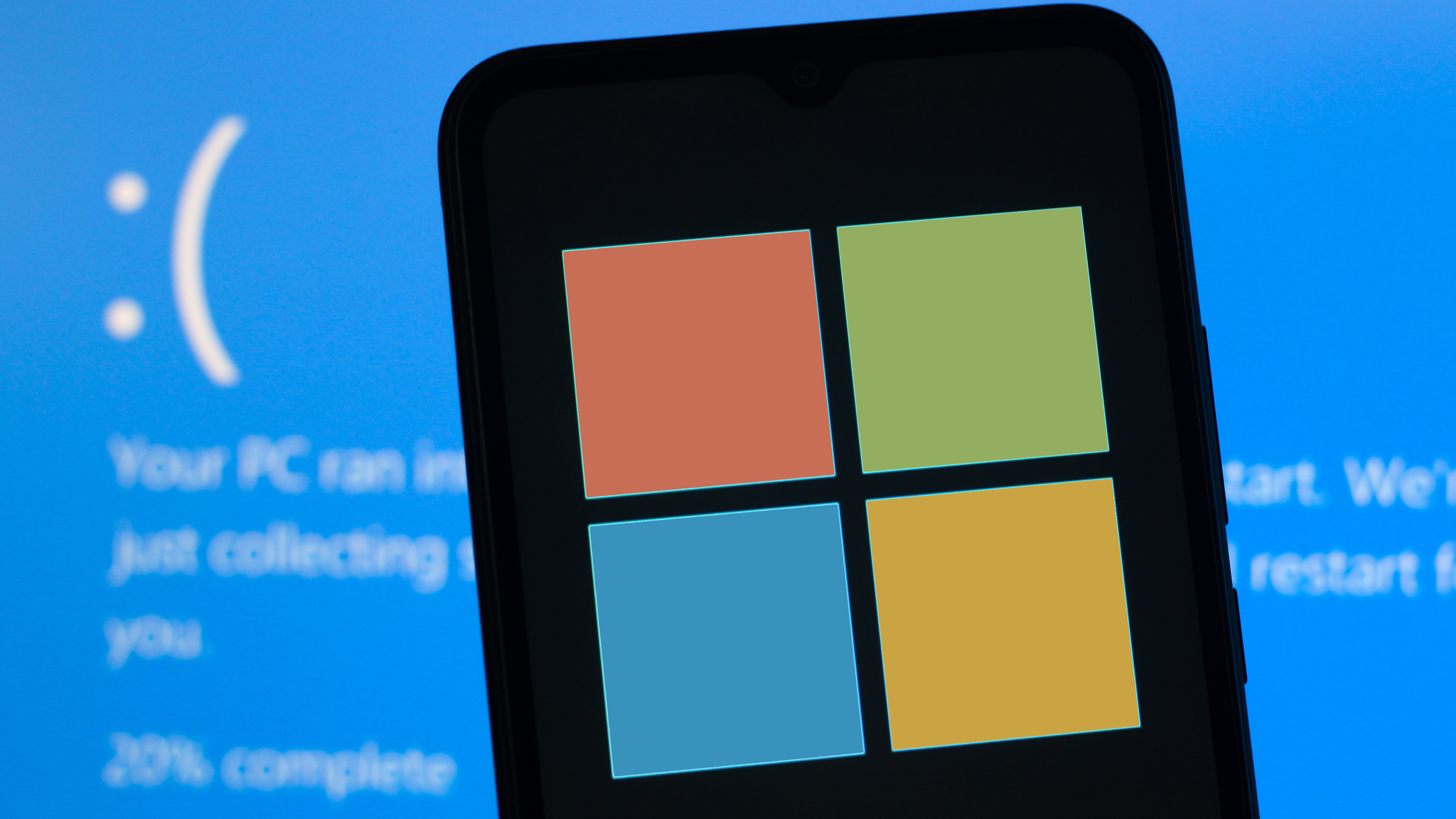Microsoft's Enshittification of Xbox, Surface, and Windows: A Critical Analysis
As a seasoned journalist covering the world of Microsoft, I've had the privilege of witnessing the company's transformation over the past decade. From its early days as an enthusiastic supporter of gaming and innovation to its current status as a behemoth of late-stage capitalism, Microsoft has undergone a significant metamorphosis.
In recent weeks, Microsoft has been facing intense scrutiny for its handling of various aspects of its business, including Xbox, Surface, and Windows. The latest round of layoffs, which have affected over 15,000 employees worldwide, is just the latest indicator of this trend. As I'll argue in this article, Microsoft's actions are not merely a result of economic necessity but rather a symptom of a broader cultural shift within the company.
The Xbox brand, once the pride and joy of Microsoft's gaming division, has become a casualty of this shift. With the recent announcement of Helldivers 2 on Xbox, many fans are left wondering what the future holds for the platform. The truth is that Xbox is facing an existential crisis, one that threatens to undermine its very purpose as a gaming console.
But Xbox is not alone in this struggle. Surface, once the crown jewel of Microsoft's hardware offerings, has also fallen victim to the company's priorities. The latest Copilot+ PC range, touted as a revolutionary innovation, has been met with widespread criticism and disappointment. It's a testament to the fact that Microsoft's focus on AI and artificial intelligence has come at the expense of user experience and innovation.
Windows, once the bedrock of Microsoft's success, is also feeling the pinch. The recent Windows Recall debacle, which saw Microsoft release an app that creepily watched users' screens, was a stark reminder of the company's priorities. The fact that this incident has become a cautionary tale for consumers highlights the need for Microsoft to reevaluate its approach to user experience and security.
But what's driving these changes? And why is it that Microsoft seems so disconnected from its customers and employees? In my opinion, the answer lies in the company's shift towards becoming an investment bank rather than a tech innovator. With Satya Nadella at the helm, Microsoft has become increasingly focused on making money rather than creating value for users.
The recent layoffs are just another symptom of this trend. While they may be aimed at boosting margins and reducing costs, they also represent a broader failure to invest in innovation and customer satisfaction. The fact that Xbox's leadership was able to convince Microsoft to invest in Activision is a testament to the company's willingness to take risks and prioritize its gaming division.
However, this recent success has come at a cost. The layoffs and the company's overall approach to AI and artificial intelligence have raised serious questions about Microsoft's priorities. Is the company truly committed to creating innovative products that benefit users or is it merely chasing after the latest fad in technology?
The answer, I believe, lies in the fact that Microsoft has become a victim of its own success. With its market capitalization soaring towards $4 trillion, the company has lost sight of what's truly important: creating value for users and driving innovation.
So, what can be done to stop this trend? Firstly, Microsoft needs to return to its roots as a tech innovator rather than an investment bank. This means investing in research and development, prioritizing user experience, and taking risks on new products and technologies.
Secondly, the company needs to reevaluate its approach to AI and artificial intelligence. Rather than simply adopting trendy technologies, Microsoft should focus on creating solutions that benefit users and drive real-world innovation.
Lastly, Microsoft needs to prioritize its employees and customers over profits. The recent layoffs are a stark reminder of the human cost of this trend. It's time for the company to recognize that its success is not just about making money but also about creating value for those who matter most.
The Brute Force of Late-Stage Capitalism
Microsoft's approach to business is a prime example of late-stage capitalism in action. In this system, failure is rewarded, and the ability to shift capital rapidly voids the necessity to deliver for consumers and society in general.
This trend has been evident throughout Microsoft's history, from its early days as an enthusiastic supporter of gaming to its current status as a behemoth of corporate power. The company's focus on profits over people is a symptom of this broader cultural shift towards prioritizing money over everything else.
A Call to Action
So, what can be done to stop this trend? Firstly, Microsoft needs to return to its roots as a tech innovator rather than an investment bank. This means investing in research and development, prioritizing user experience, and taking risks on new products and technologies.
Secondly, the company needs to reevaluate its approach to AI and artificial intelligence. Rather than simply adopting trendy technologies, Microsoft should focus on creating solutions that benefit users and drive real-world innovation.
Lastly, Microsoft needs to prioritize its employees and customers over profits. The recent layoffs are a stark reminder of the human cost of this trend. It's time for the company to recognize that its success is not just about making money but also about creating value for those who matter most.
As I write this article, Microsoft's market capitalization continues to soar towards $4 trillion. But at what cost? The company's priorities are becoming increasingly focused on profits rather than innovation and customer satisfaction. It's time for a change. Will you join me in calling out Microsoft for its priorities?
